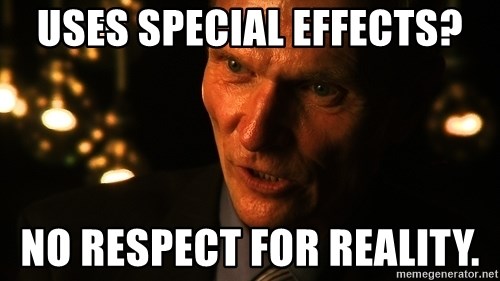In another thread, the phrase "respect for reality" was used. So what is 'reality?' Who determines what it is?
Reality is commonly defined as the sum or aggregate of all that is real. Okay, so let's go from there...
What is real? Who definitively determines what is real? Can we accept "existing or occurring as fact, i.e., not imaginary or supposed" as a working definition? Supposing we can...
Can what is real only be determined objectively? Does everyone have to agree to what existing or occurring as fact?
Or is what is real subjective? Can something exist or occur to a person or group of people (or other beings for that matter) but not be objectively evident to others?
Discuss.
Some time ago I gave some thought to this question. It was Descartes who pointed out that some of our ideas can't be shown to be true without first assuming they're true, so they're assumptions, and they're only reasoned positions in the sense that pragmatic empiricism based on them works.
I make three such assumptions ─
that a world exists external to me;
that my senses are capable of informing me of that world; and
that reason is a valid tool.
(You'll notice that everyone here implicitly shares at least the first two, and much of the time the third as well.)
So "reality" means "external reality", that's to say the world external to the self, which we know about through our senses (often as extended by our instruments). Other expressions meaning "reality" are "nature", "the realm of the physical sciences", and more.
Who definitively determines what is real? The best opinion of the most expert minds at any time, is one answer. Thus until 2012 the Higgs boson was a hypothetical particle, and since then, because the evidence from CERN reaches the standard set for such experiments (which I think is one chance in more than a million of being wrong, but don't quote me), it's been real.
But I follow the correspondence definition of "truth", namely that truth is a quality of statements and that a statement is true to the extent that it corresponds with / accurately reflects objective reality. So judges and juries, stock analysts, just about everyone (Republicans excepted for the time being) is interested in determining what is true, that is, what is and what is not an accurate statement about (objective) reality.

